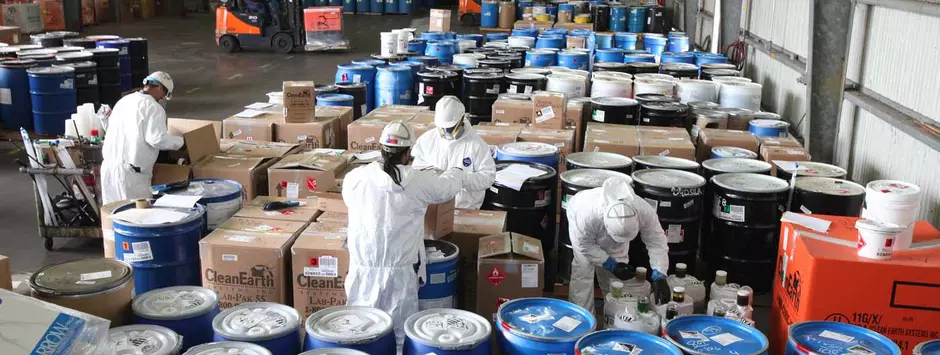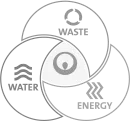
The challenge as we see it
Polychlorinated biphenyls (PCBs) were manufactured in the United States starting in the 1930s, and were used as coolants in electric transformers and a range of everyday household products. They were banned by the EPA in 1977 because they take a long time to break down in nature and can cause harmful health effects. Before the ban, disposal of PCBs was unregulated and occurred in landfills and was considered normal industrial waste. Today, PCB disposal is heavily regulated and requires a special permit.
Our differentiated value
We provide an efficient way to destroy PCBs using high-temperature incineration, which is environmentally-compliant and cost-effective. We are permitted according to EPA regulations for all stages of PCB management, including transportation, storage, transfer and ultimate destruction via incineration. Our Port Arthur incineration facility is fully-permitted for RCRA and PCB waste — protecting you against liability of improperly-managed waste. We maintain an excellent record of compliance with environmental regulations.
- PCB drum liquid
- PCB capacitors
- PCB drum solids and sludge
- PCB bulk solids and sludge
- PCB bulk liquid
- PCB ballast disposal
- PCB transformer disposal
Our solutions for PCB waste disposal
We are committed to creating a personalized program to meet our clients’ disposal and recycling needs. Our personnel are trained to evaluate each project and/or inventory to determine the most cost effective, turnkey environmentally correct option.
- Cost-effective and convenient solutions
- Access to our network of strategically-located in transit facilities for less than truckload quantities
- Fully permitted incineration facilities
- Management of virtually all physical states and types of packaging including liquids, solids and sludges in drums, totes and tankers at Port Arthur, TX facility
- Flexible packaging and shipment options for light ballasts

Veolia is uniquely positioned to service industry, government and commercial entities in improving performance, managing water, waste and energy.
Learn how


